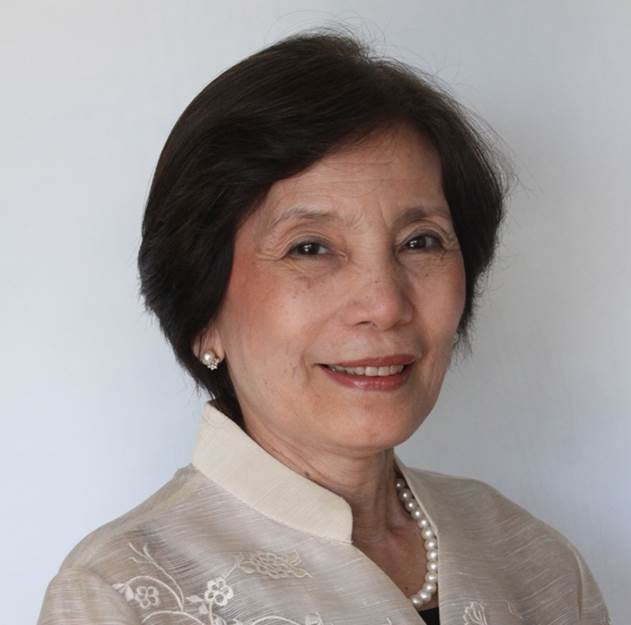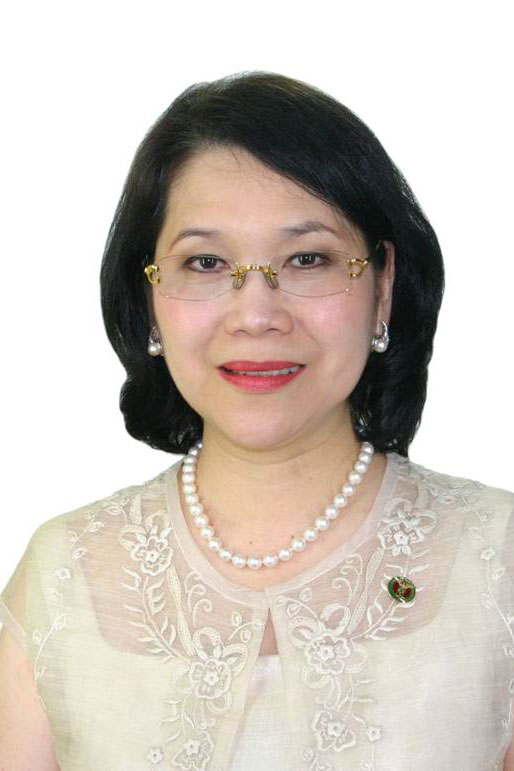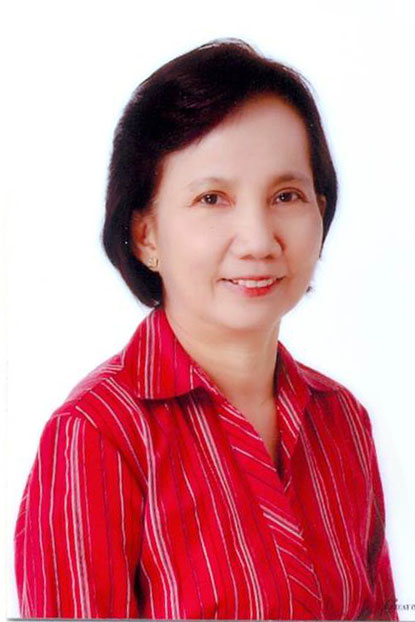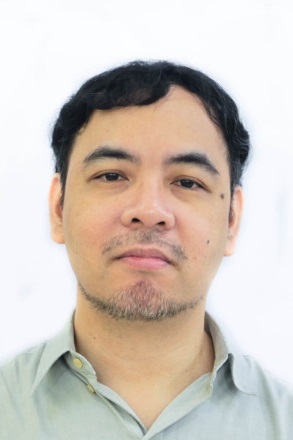Hon.. Ramon Magsaysay Jr., former senator; Commissioner Alfredo Po of PRC;; Dr. Adoracion P. Resureccion (Chairman, Board of Chemistry); Dr. Soledad S. Castañeda (Member, Board of Chemistry); Academician Dr. Fabian Dayrit and other officers of the ICP, KKP and PACT; our honored guests; fellow chemists and mentors; ladies and gentlemen.
First of all, let me congratulate you for your achievement of passing the Chemistry Board Examinations. This feat is indeed a life’s milestone. Let me also greet your individual families for the moral, spiritual, and material support, and also your mentors who molded you to become achievers. Passing the board exams is a major step in the pursuit towards our individual goals.
I am happy and honored for being given a chance to talk to you and for having this rare opportunity of establishing an intimate relation with each one of you in the audience. The chemists should understand what I am referring to. For the non-chemists: the molecules that I inhale and exhale goes to the air in the room, which in turn gets inhaled by each one of you. Isn’t that intimacy?
My talk is short, as the late Carlos P. Romulo likened a short speech to a bikini – scanty but enough to cover the vital parts.
I am here to talk to those of you who are planning to go into the academic track. In the academe, teaching and research are equally important. Preferably, one must get a graduate degree: MS, Ph.D., and preferably, a Post Doc. Of course , there are growing pains.
When you get into the academic track, you become a part of the solution in terms of science and technology. Data taken in 2008 from the World Bank reveals that Singapore has 5,900 researchers per one million members of the population; Japan has 5,400, Thailand has 600, and the Philippines has 78. Kawawa ang Pilipinas.!
After graduate training ,you may also take the other tracks of the Chemistry profession such chemists in industry , business and in government.
On your way towards obtaining a Ph.D., there will be several distractions. They may be likened to flowers along the way – you may tend to pick them up, but be sure that you don’t get lost while pursuing the path towards your goals. Many students take consultancies and other jobs on the side while in graduate school. However, a number of these students did not finish their degrees.
Staying in this country or returning after training to eventually work in this country: we consider these as acts of heroism. Yes, it is true that the OFWs are keeping our economics up. However, we must also remember that Philippine education prepares us for life either locally or globally. With Filipinos in the sciences, in chemistry, and in other professions, we will be able to uplift our country’s economy, literacy, and well being.
Being a teacher in this country is like taking a vow of poverty. Academics may not be financially rewarding compared being in the industry and other business, but the rewards are nevertheless far-reaching and immeasurable.
Meanwhile, in conducting research, one must be careful with the experiment design so as not to commit errors. It is a good practice to examine results as a whole. More importantly, you must publish your results. Your research results give credibility to your teaching and work. In my experience, I have come to know that it is best to work on science and technology-related problems of our country. When you publish in journals with high impact factors, you can be immortalized in chemical abstracts and international databases. Also, sometimes, you can get mileage if you work with members of a different specialization or if you use chemistry in answering research questions under the other fields of science.
To cite examples, many of the renowned Filipino chemists owe their claim to fame to their work on Philippine problems: NS Lourdes J. Cruz on conus, NS Banzon on coconut, Prof Dayrit on coconut oil and lagundi, NS Ben Juliano on rice, NS Clara Lim Sylianco on mutagenicity studies, Dr. Mae Mendoza on the biochemistry of Philippine fruits… the list goes on. My instant fame with the Seaweed Industry locally and international was because, I wrote about the properties of the PNG carrageenan a commodity which, during that time, is being produced only by the Philippines.
On a different note, in order to prevent occurrence of dishonesty in science, it is best that you practice the guide outlined in the Ethical Principles and Guidelines for Filipino Scientists by the National Academy of Science and Technology. You might also want to read the article “On Being a Scientist” by the National Academy of Science of US.
To end, I’d like to leave everyone of you with these pieces of advice:
Vladimir Prelog (23 July 1906 – 7January 1998) was the 1975 Nobel chemistry Prize winner for his work on making the absolute rule on handedness of the molecule. Together with Cahn and Ingold they devised the CIP sequence rules. He said:
“The world is chiral and clinical, enjoy the symmetry wherever you find it.”
Also, perhaps the most important advice he gave during his acceptance speech for the Nobel Prize in Chemistry for the Rectus and Sinister
“If you want to be happy for an hour, buy a bottle of wine,
If you want to be happy for a week, roast (slaughter) a pig,
If you want to be happy for a year, get married.
If you want to be happy for the rest of your life, love or enjoy your work.”
Finally, before I leave the stage, here is a story I usually tell my Natural Science I (Chemistry Portion) class:
One sunny day, Helium and Hydrogen atoms went strolling in the park. Hydrogen atom said “I lost an electron”.
Helium inquired, “Are you sure?”
Hydrogen replied “Yes, I am positive.”
Enjoy your celebrations and the tsug tsug music tonight.
Congratulations!!!
Thank you.













